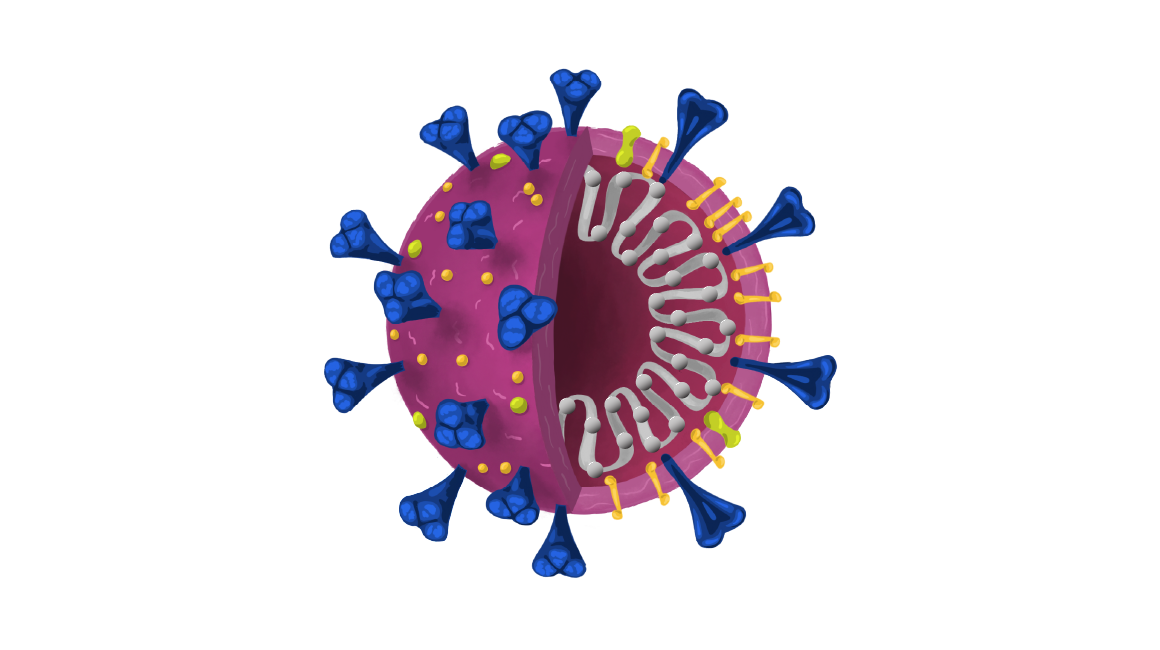
 Looking for clinical resources and information related to COVID-19? Visit the COVID-19 guide.
Looking for clinical resources and information related to COVID-19? Visit the COVID-19 guide.


 Got big ideas for this ANZCA resource guide? Why not become our advocate? Highlight valuable resources for college fellows and trainees while earning CPD hours!
Got big ideas for this ANZCA resource guide? Why not become our advocate? Highlight valuable resources for college fellows and trainees while earning CPD hours!
 Contact ANZCA Library for more info: library@anzca.edu.au
Contact ANZCA Library for more info: library@anzca.edu.au
 Looking for resources on critical incident debriefing or supporting a colleague in distress: See the Critical incident debriefing toolkit
Looking for resources on critical incident debriefing or supporting a colleague in distress: See the Critical incident debriefing toolkit
Learn@ANZCA
Learn@ANZCA (formerly Networks) is the college's learning management system.
 Note: Some resources located in Learn@ANZCA require that you first register before accessing.
Note: Some resources located in Learn@ANZCA require that you first register before accessing.

Quick links
About ANZCA
Copyright © Australian and New Zealand College of Anaesthetists.